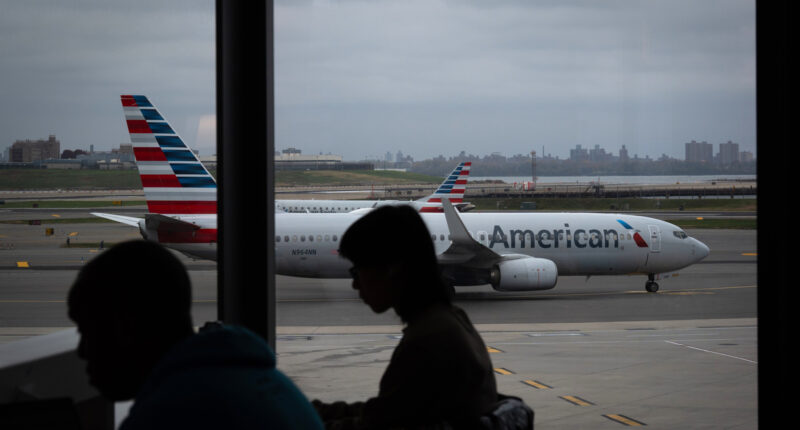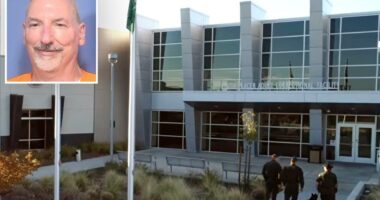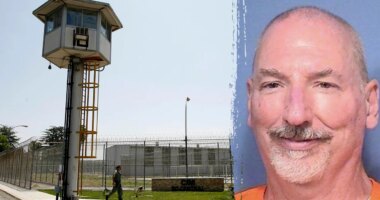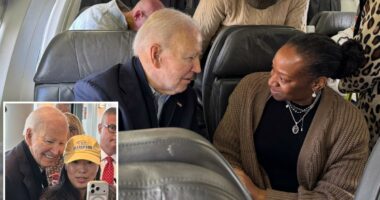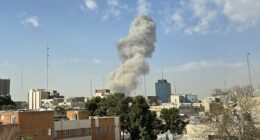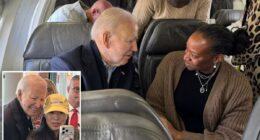Share this @internewscast.com
The ordeal that travelers are experiencing at airports nationwide is likely to escalate this week unless Congress strikes an agreement to reopen the federal government.
Over the weekend, U.S. airlines canceled upwards of 1,500 flights on Saturday and more than 2,900 on Sunday. This drastic action was in response to an FAA directive aimed at reducing air traffic, as some air traffic controllers, left unpaid for nearly a month, have begun to abstain from work.
By early Monday, airlines had already scrapped nearly 1,600 flights for that day and close to 1,000 for Tuesday.
The Senate made initial progress toward ending the shutdown on Sunday, yet the final resolution remains days away. Experts caution that even after a government reopening, restoring normal flight operations will require time.
Airports aren’t just grappling with flight cancellations; many are also experiencing substantial delays. Airports in Newark, Orlando, Chicago, and Detroit are seeing departure delays exceeding an hour, with the situation worsening, according to FlightAware.
This marks the second pay cycle where air traffic controllers have gone without compensation. On Monday morning, Nick Daniels, the leader of the air traffic controllers union, is scheduled to hold a press conference to discuss the shutdown’s effects on their workforce.
The delays and cancellations are likely to get worse as airlines are increasingly unable to reposition planes, pilots and flight attendants due to the air traffic controller shortage.
The FAA implemented a 4% mandatory reduction in flights this weekend to manage staffing. That will increase to 6% on Tuesday and 10% reduction by this upcoming weekend. Transportation Secretary Sean Duffy said on “Fox News Sunday” that additional flight cuts of up to 20% might be needed.
“More controllers aren’t coming to work day by day, the further they go without a paycheck,” Duffy said.
The government has been short of air traffic controllers for years, and multiple presidential administrations have tried to persuade retirement-age controllers to remain on the job. Duffy said the shutdown has exacerbated the problem, leading some air traffic controllers to speed up their retirements.
While 4% may sound modest, much of that reduction is happening at 40 of the nation’s busiest and most congested airports. The FAA says the flight reduction is necessary to keep travelers safe as many of the remaining controllers have been putting in long hours and mandatory overtime while the government remains unfunded.
If not addressed soon, the situation could get even worse as the U.S. heads into the busy holiday travel season. Duffy said that air travel may “be reduced to a trickle” by the week of Thanksgiving.
.
